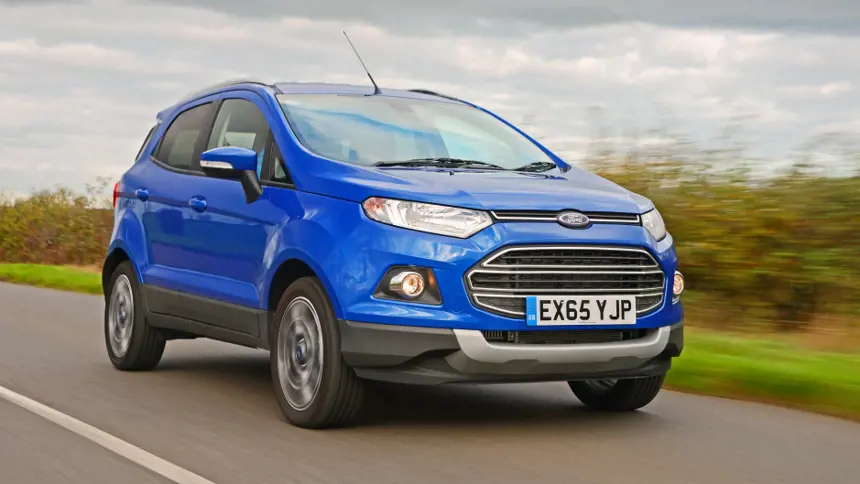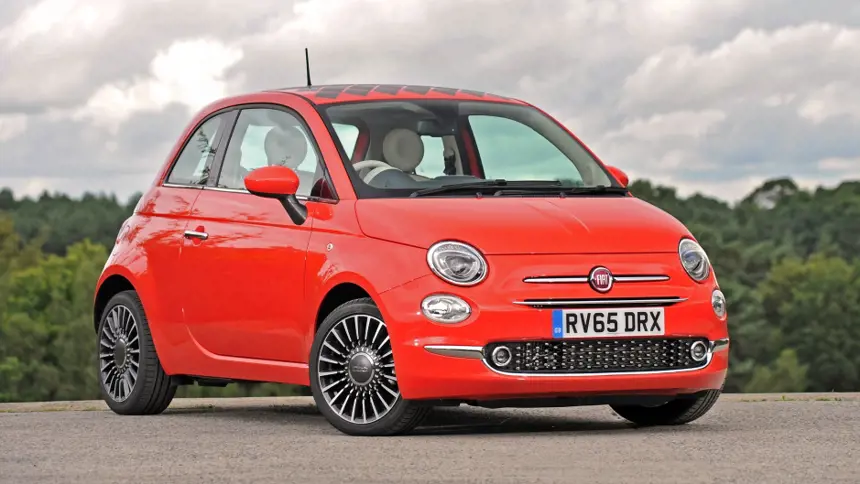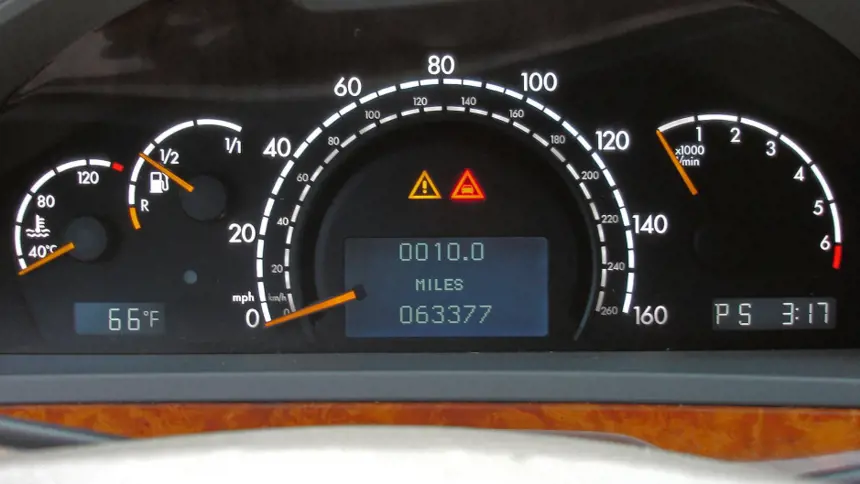Car finance calculator
Fancy low monthly payments with the option to buy the car at the end? PCP could be for you. Find out what you could get for your budget here

Before you choose your next car, you need to know how much you can afford to pay for it. That means that if you're planning to finance it, you need to know your finance budget - how much deposit you can put down and the monthly payment you can stretch to - not just the approximate cash price that feels about right.
As some £20,000 cars cost less per month on PCP finance than other £15,000 cars, if you know your finance budget you can track down the best deals and focus on those and forget the ones that are bad value to finance. Thankfully there is an easy way to work out which is which. Our PCP finance calculator - available for all cars for sale on BuyaCar.
Using the BuyaCar PCP Finance Calculator
First off, you need to set your budget. With PCP finance, this involves considering how much you can afford to put down as a deposit and the maximium monthly payment you can go up to. You also need to consider how long you want to run the car for - in general, the longer the contract, the lower your monthly payments, but the more interest you'll pay overall.

For all the details, check out our guide to how to work out your car finance budget. Once you've got a feel for how much you can afford, then you can search for cars that fall within budget. Keep reading for more information on how to find the right car and work out how much it would cost you with the BuyaCar PCP finance calculator.
Find the right car
Once you know how much you can afford based on your monthly budget, you can search for a car by monthly payment. Narrow down the budget and you can quickly home in on the best options for your needs.
Using the BuyaCar car search tool, you can set a monthly budget limit by clicking on the 'Monthly price' box under the 'REFINE YOUR SEARCH' bar at the left of the screen. This should narrow down the search to just the cars you can afford. Next, you can order the cars on show by the lowest monthly payment, by clicking on the 'Sort by' bar at the top right of the screen.
Set this to Monthly Price (Lowest) and the cars will be ordered from those with the most affordable monthly payment to those with the highest. Once you've found a car that grabs your attention, you can simply click on it, and scroll to the bottom of the page where you'll see the 'Budget Calculator', which provides PCP and Hire Purchase quotes on specific cars.
PCP car finance: deposit amount
This is the amount of money you have to pay upfront. The more you put down, the less you need to borrow and the lower your monthly payments. This can be funded by cash, or if you own your current car - or are financing it and the car has equity in it, meaning it's worth more than the remaining finance balance - you can put this balance towards the deposit.
A larger deposit means lower monthly payments and less interest to pay - as you're not borrowing as much - so it's worth entering different deposit amounts to see which gives you the best balance between an affordable deposit and reasonable monthly payments.
Payment period
This refers to the number of months over which you wish to finance your car. The longer the contract, the lower your monthly payments. However, be aware that by opting for a longer contract you'll also end up paying more interest.
A typical car finance contract lasts three years or 36 months. If you like to change your car more regularly, you may want to opt for a 24-month contract. If you want the lowest monthly payments, though, going for a 48-month or a 60-month contract will reduce what you have to pay every month.
Finance type: deciding between PCP and HP
Different types of finance work best for different people. If you want the best car for your monthly budget, with the option to hand it back at the end of the contract or buy it outright, go for PCP finance. If, however, you'd like to own the car with reasonably affordable monthly payments and the lowest overall cost, go for Hire Purchase.

These finance options are useful for people who don’t want to pay using savings or with an unsecured loan, and you get additional consumer protection by paying with finance. If you know which type of finance best suits your needs select this in the 'Finance type' box. If, however, you're not sure you can easily compare monthly payments for the same car by switching between the two.
Monthly payments for Hire Purchase work out higher than with PCP, as they cover the entire value of the car. Once you've made the last payment, the car is yours to keep. With PCP, however, you get low monthly payments and you can either hand the car back at the end of the contract or make the large optional final payment to buy it. Keep reading for other factors that will affect the size of your monthly payments.
Our expert BuyaCar finance guides cover these car finance options in greater detail.
Annual mileage
You might be wondering what your annual mileage has to do with your monthly payments. In fact, if you go for Hire Purchase it shouldn't make a difference, as you own the car once you've made the final payment - so you can do as many or as few miles as you want.
However, in the case of PCP finance, the amount of miles you cover has a direct impact on how much you pay. PCP monthly payments effectively cover how much value the car loses over the contract. As the more miles a car has covered the less it's worth, the higher the mileage agreement you choose, the higher your monthly payments.

You may be tempted, therefore, to opt for the lowest possible mileage allowance for lower monthly payments, but be aware that if you exceed the limit you sign up to, you can expect to be charged an excess mileage fee for every additional mile. Therefore, it's best to estimate your mileage as carefully as possible to avoid end-of-contract charges.
Bear in mind, however, that if you choose to make the optional final payment to buy the car, it's then yours and you can't be issued with any charges as you then own the car. Read more about mileage allowances by clicking on the link below.
Credit rating
PCP finance and Hire Purchase costs are affected by your credit rating, which represents the level of risk you pose to the lender. This is a key factor in determining what level of interest you're charged, which in turn affects your monthly payments. If you're considered a safe bet, lenders will charge you less interest. If you have a lower credit score, however, lenders will charge more interest to cover the greater risk of not getting all of their money back.
Using the BuyaCar Budget Calculator you can see how your credit rating affects your monthly payments by selecting a different credit rating. If your credit rating is on the low side and you don't need a new car straightaway, fear not. You could be better off taking steps to get your finances in order - which could take a few months to take effect - and by checking your credit file for errors and flagging any mistakes to the credit reference agency.
Check whether your credit score is good enough for car finance, how to build a credit history if you don't have one, and how to maximise your chances of being approved for car finance to give yourself the best chance of getting the car you want for a monthly payment you can afford.

